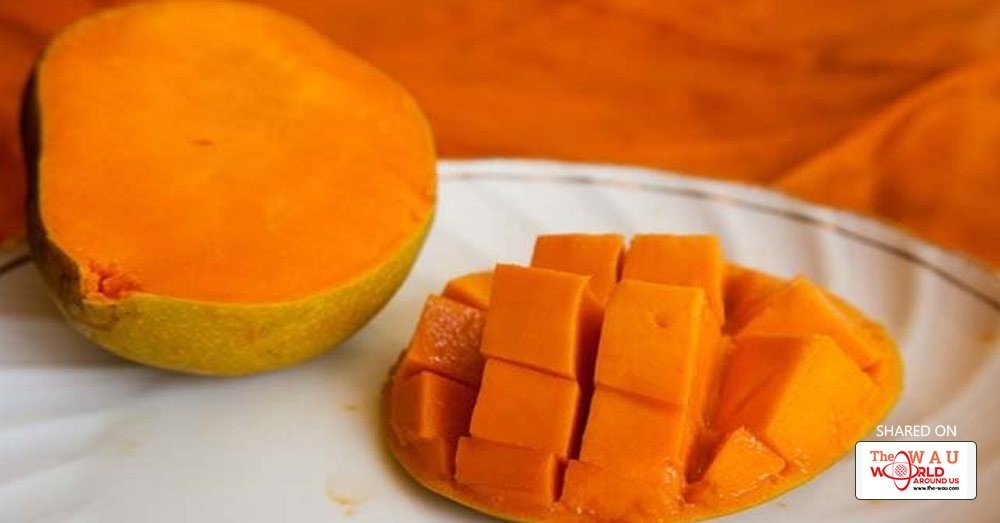Although we all dread the heat, the one thing that makes us look forward to summer is the mango season. Their incredibly sweet taste and delightful flavor makes them rival the perennial dessert favorites of chocolate and ice cream.
Like every other fruit, mangoes are also a good source of essential nutrients like Vitamins C, A, E, K, fiber, calcium, potassium and copper. However, they are also high in sugar, which is why many believe that the fruit should be kept out of reach for diabetics.
Can Diabetics Eat Mangoes?
“Although mangoes have high sugar content, mangiferin in mangoes helps lower blood sugar levels”
Though it may be true that mangoes have a high amount of sugars, it’s not all that bad, as they are not only packed with essential Vitamins, but with Mangiferin too, which in addition to being an anti-inflammatory and anti-viral, can also help lower blood sugar levels!
In a research on Type-2 Diabetes, the glycemic response to a number of fruits was tested — the fruits included bananas, oranges, pineapples, papayas and mango. The portions were standardized so that everyone had 50 grams of carbohydrate per serving. Mango showed the least rise in post-meal blood sugar levels, while oranges and papayas were the next best fruits.
Mangoes are packed with Vitamins C and A. In addition, they also provide you with Vitamins K, E, and many from B complex. These vitamins are absolutely essential in your everyday diet for healthy bodily functions and to counter other health complications that can arise as a result of diabetes. Mangoes also contain some Omega-3 and Omega-6 fatty acids, though overall, are very low in fat.
Advice For Diabetics
“Mangoes may have a low glycemic load of 51, but excessive intake will still raise your blood sugar levels, so avoid overeating”
As much as you love mangoes, and as healthy as they might be for you, you need to exercise caution when eating the fruit. Mangoes may have a low glycemic load of 51, but excessive intake will still raise your blood sugar levels. So instead of indulging in two or three mangoes a day, limit it to one cup of sliced mangoes or, a cup of mango pulp.
You should also keep in mind that although mangoes are healthy, this does not mean that mango-based products are safe for diabetics. Dried mango and mango juice may be nutritious too, but they are also considerably energy dense, as compared to the whole fruit.
The Last Word
When you do treat yourself to mango, always try to balance it out, as sugars are also a form of carbohydrates. This means that you need to monitor your total carb intake from various sources, not just raw sugar. So, if you have a mango in the afternoon, try to eat something diabetes friendly for dinner. The key to a healthy lifestyle is to balance nutrition and moderate intake of different food groups.
Share This Post















